Charlotte Despard: suffragist, communist, Irish republican
Taking up social work after being widowed transformed a Victorian liberal into a lifelong fighter for causes as wide-ranging as Sinn Fein and Indian independence to the right of women to drink in pubs, writes MAT COWARD
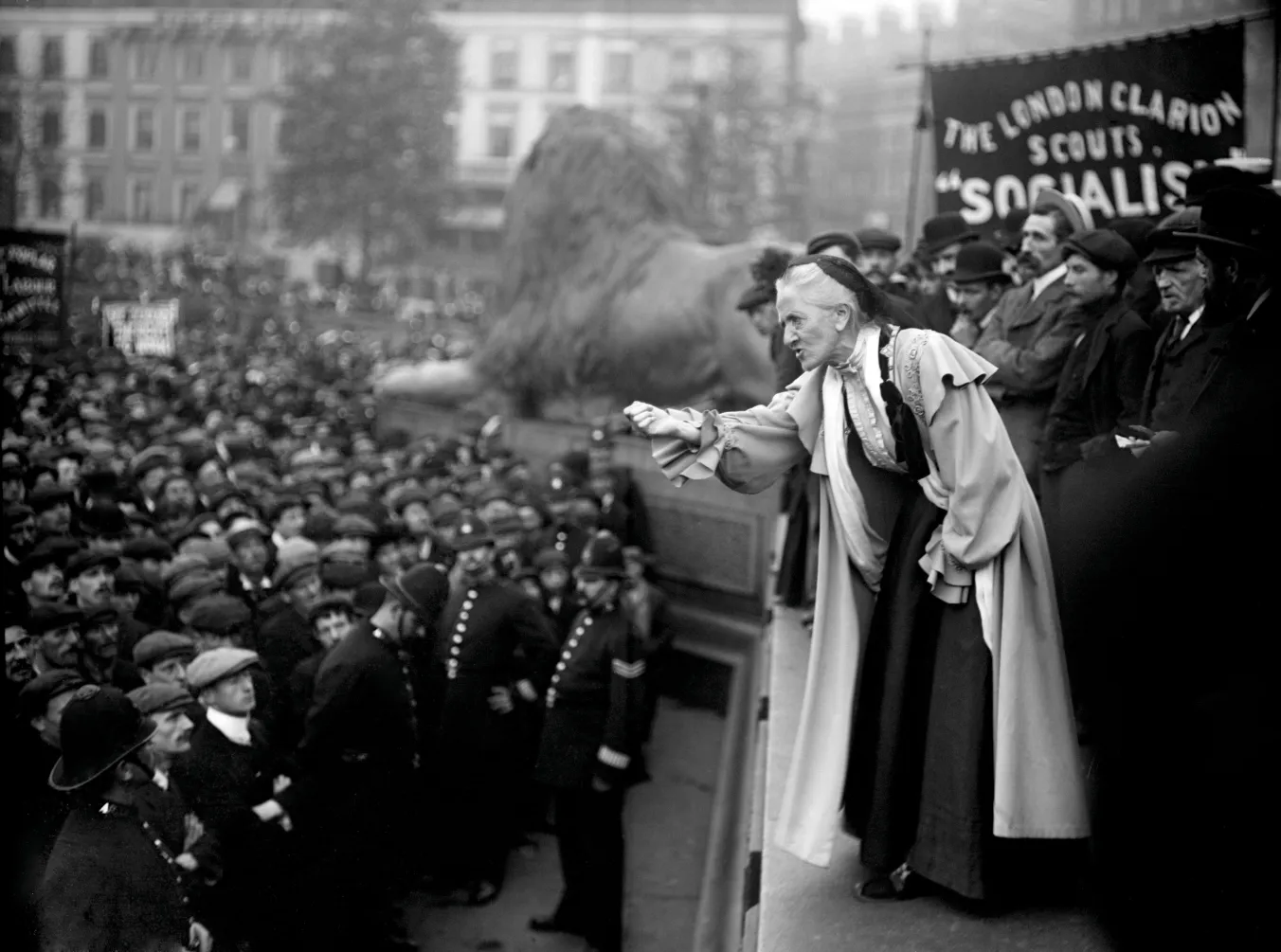
THE right to a pint was one of the campaigns taken up by the Women’s Freedom League during the first world war. Wartime saw an influx of female customers into Britain’s pubs.
Many women had spare money for the first time, as they had taken over higher-paid industrial jobs previously held by the men who were now away fighting.
Besides, a couple of hours in a warm, friendly pub must have been a lot more enticing than spending a lonely evening at home, worrying about or even mourning the missing husband, brother or son.
More from this author
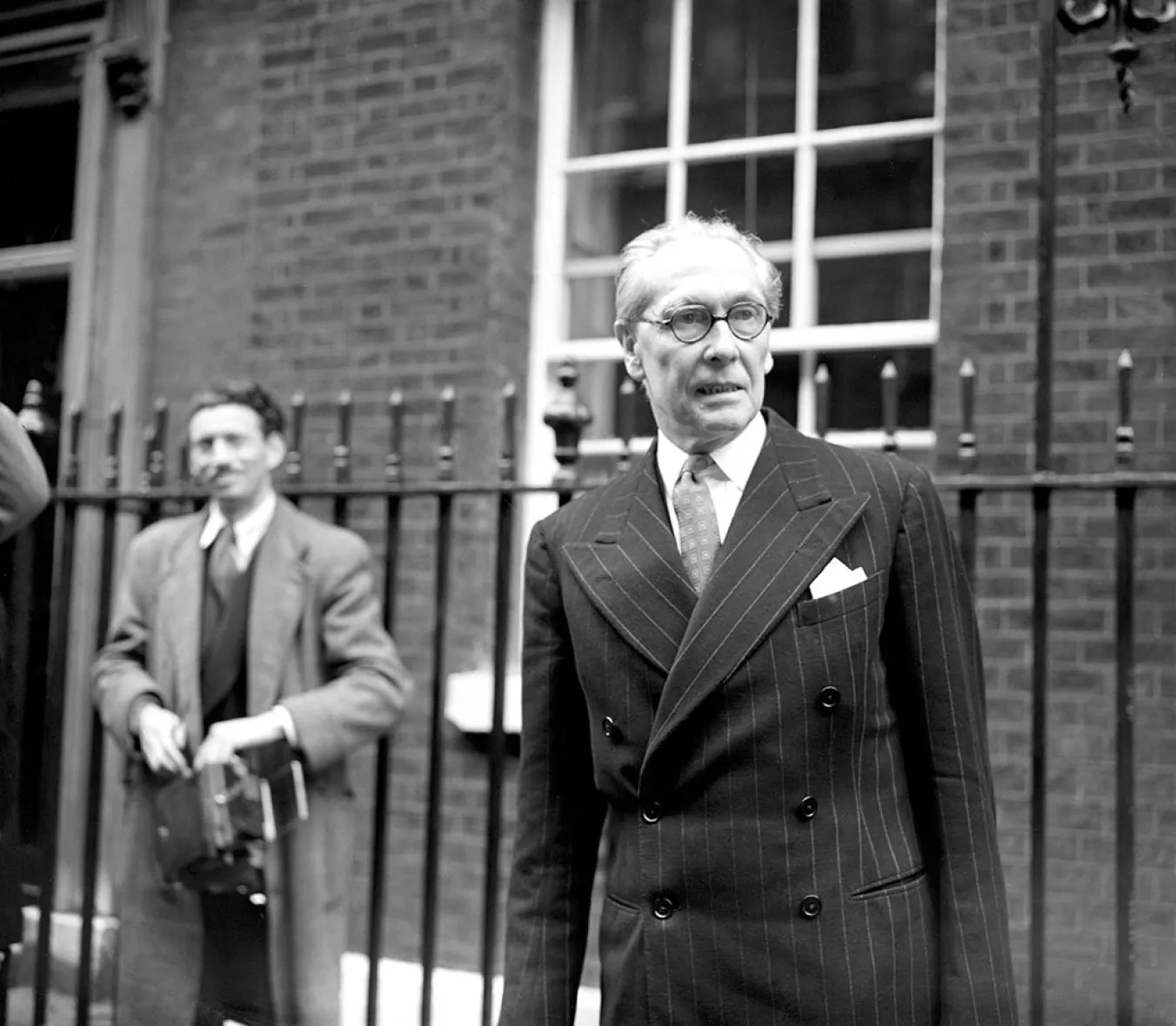
MAT COWARD offers a roll call of refuseniks – some for political reasons, others for quirky reasons of their own
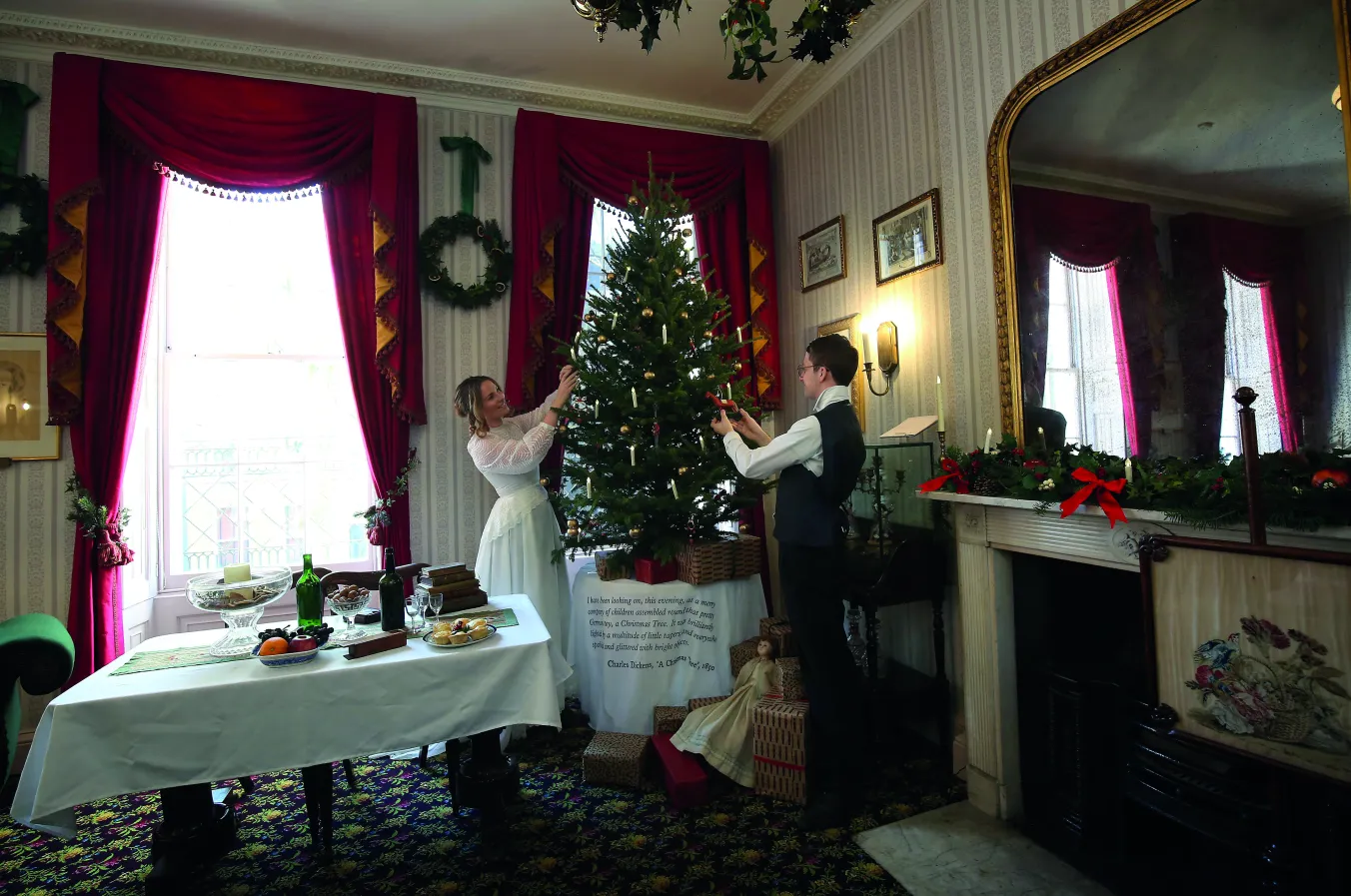
Charles Dickens was facing a return to the destitution that had blighted his childhood, and it was this which drove him to write the remarkable best-seller which changed the politics of Christmas forever, writes MAT COWARD
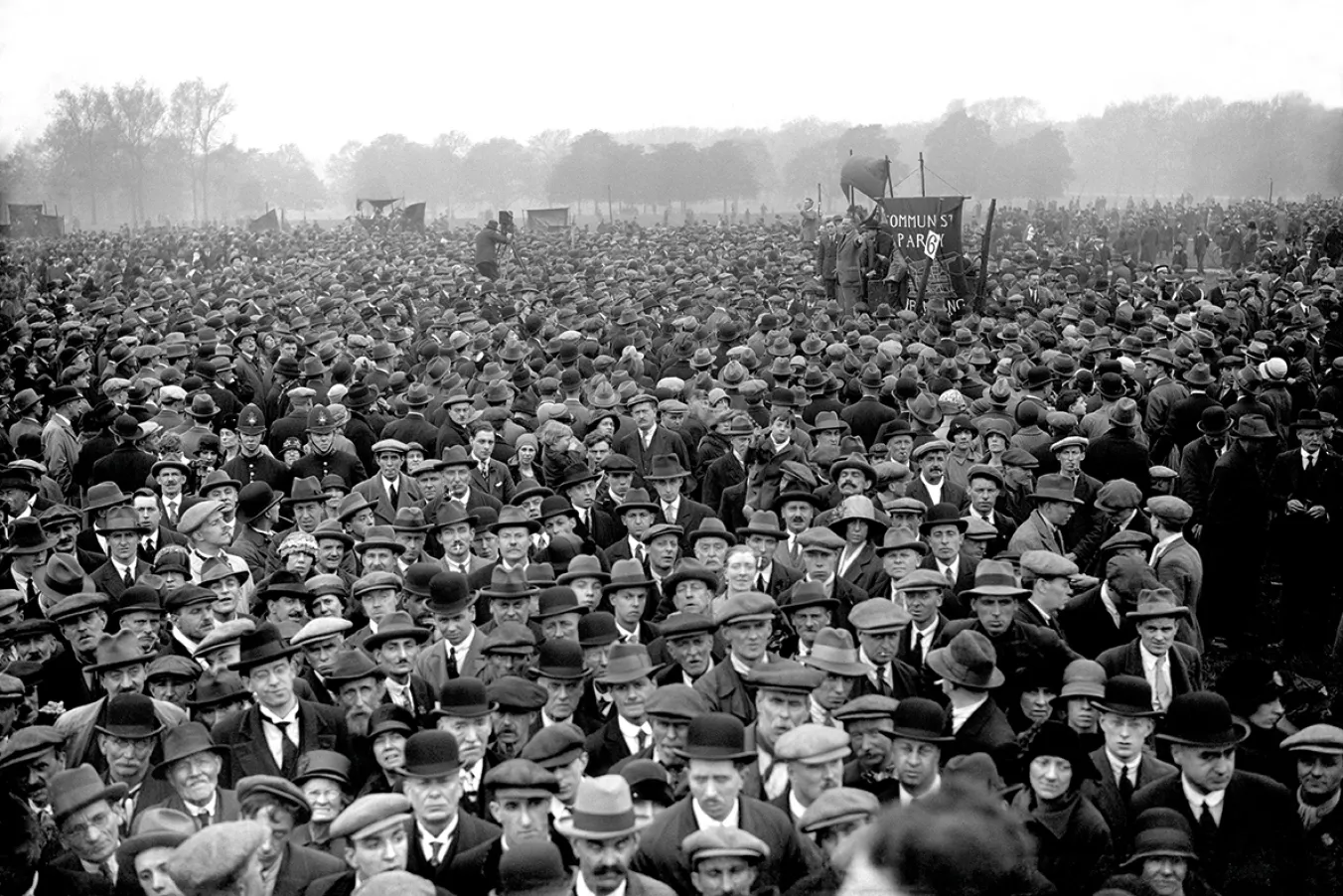
From swimming pool soviets to piano factory occupations, early 20th-century radical organiser Lillian Thring chose street battles and mass action over the electoral path, writes MAT COWARD
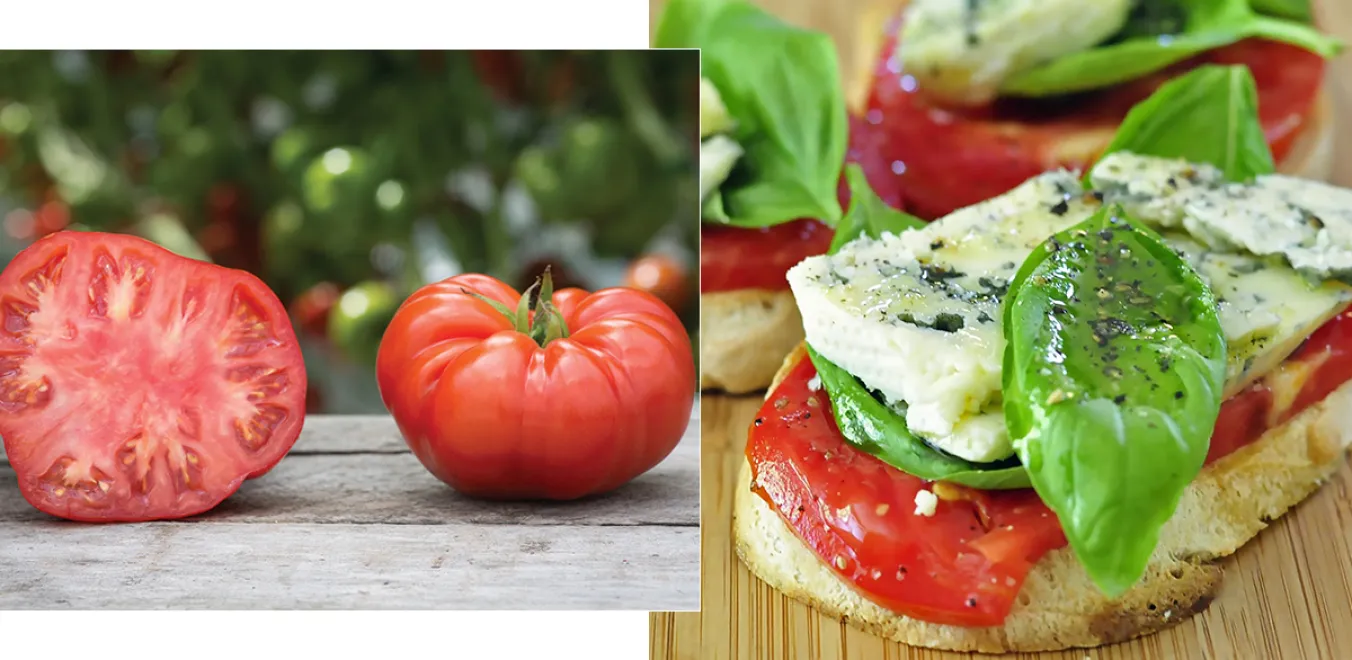
MAT COWARD offers invaluable advice on which type to grow according to flavour preferences, size of you pocket, timing and plant reliability
Similar stories

From swimming pool soviets to piano factory occupations, early 20th-century radical organiser Lillian Thring chose street battles and mass action over the electoral path, writes MAT COWARD
From aristocratic upbringing to undercover communist courier and finally respected labour historian, MAT COWARD chronicles how personal tragedy and socialist conviction shaped an extraordinary activist’s journey
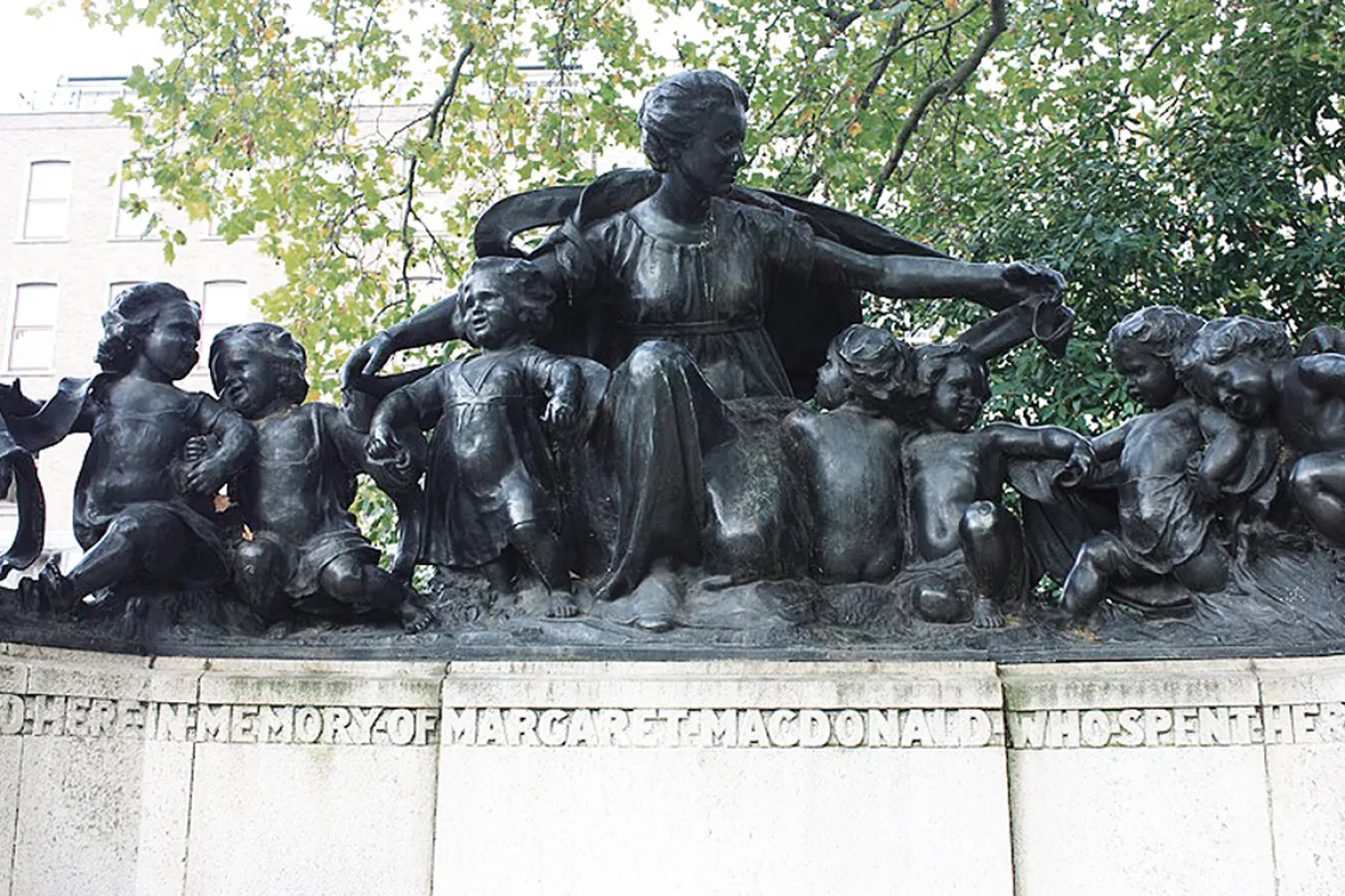
MAT COWARD resurrects the radical spirit of early Labour’s overlooked matriarch, whose tireless activism and financial support laid the foundations for the party’s early success
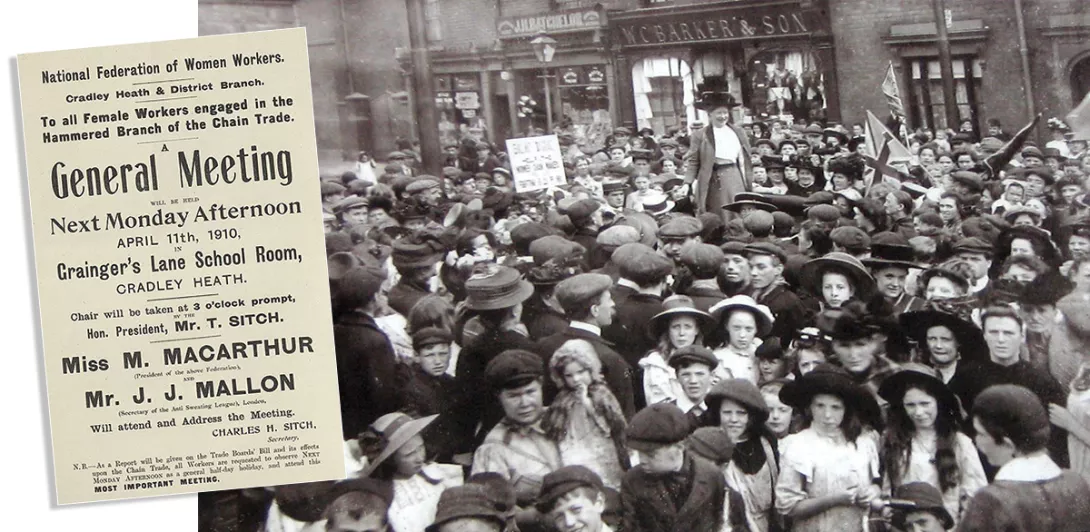
MAT COWARD recalls a time when imaginative employment of newsreels helped secure a memorable victory for an industrial action by the chainmakers









